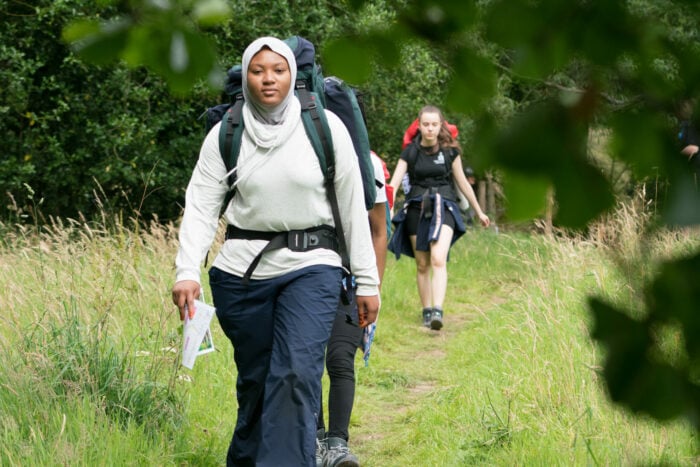Our Access Without Limits Community Funding is now open for applications until January 2026. Grant funding of up to £10,250 is available for eligible community and voluntary organisations to set up and deliver the DofE, as well as the enrolment costs for young people taking part.
We not only offer grant funding but support organisations every step of the way. This includes training for your staff and volunteers, a dedicated member of our staff working collaboratively to support everything from training, mentoring, reporting and monitoring the progress of young people on their DofE journey.
Hear from Leaders and participants in some of the organisations we have already funded:
Grant Guidance for Community Organisations Blog
Take a look at the organisations across the UK that are part of the Access Without Limits Community Funding Programme, delivering DofE to their young people:
For further Information, please contact your local Operations Officer or email Georgina Harper, VCO Programmes Manager, for further guidance or support.
The Access without Limits Funding for Community Organisations is generously supported by Julia and Hans Rausing.










